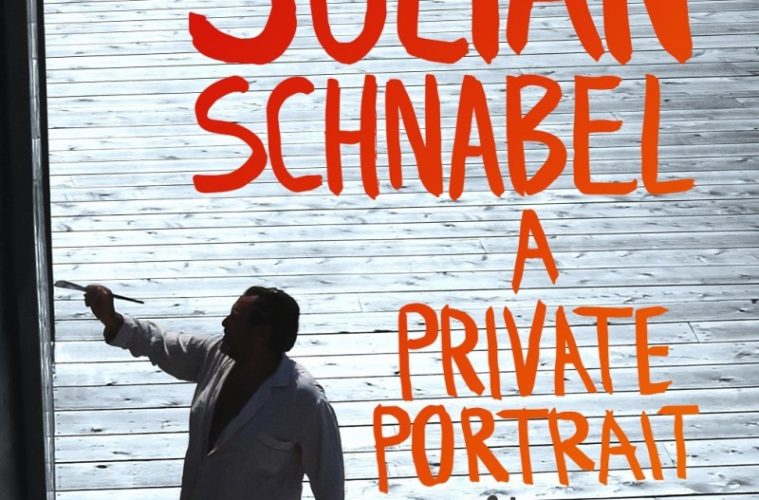Executive produced by its subject, Julian Schnabel: A Private Portrait offers access to the painter, filmmaker, and amateur extreme sportsman with commentary about his work offered up by friends, collaborators, family members, and ex-wives, who all have nice and insightful things to say about the man. Unlike Matthew Barney: No Restraint, which functioned as a skeleton to the work of a mythical artist, this film offers a broad overview into the life and work of its subject, lensed in a sun- and smoke-filled haze by director Pappi Corsicato.

A Private Portrait, though, doesn’t really dig much deeper than simply providing a general look at Schnabel’s roots: a Brooklyn boy who was uprooted to Brownsville, Texas before moving back home to Manhattan where his swagger and bravado rocketed him to stardom in the ’70s and ’80s. It wasn’t until he was interviewed by an unnamed Polish filmmaker about the life of Jean-Michel Basquiat that he decided the time was right to make a film about his and Basquiat’s coming of age.
The film, employing mostly talking heads and archival footage with a few glimpses into projects Schnabel is currently working on, is insightful as the artist sidesteps the “art factory” approach that many of his contemporaries employ in their practice as they scale upwards (as discussed in Barry Averich’s Blurred Lines, exploring the economy of the art world). He’s one of the rare art stars that still paints his own large-scale works from his castle-like work/living space in New York City to his San Sebastian villa, which provides him the opportunity to take a break for cliff jumping.

Ultimately, Julian Schnabel: A Private Portrait left me wanting more — and less. While I enjoyed revisiting his film career, which also includes Before Night Falls, The Butterfly and the Diving Bell, Lou Reed’s Berlin, and Miral, the film offers little more than a director’s commentary and a few behind-the-scenes moments. Had it not been for the context offered by his children and collaborators, this would have felt more like DVD feature than a theatrical film.
The film is the latest art documentary attempting to demystify the artist, providing insight from famous friends and family members, including daughter Lola, whose films were projected over Lou Reed in Schnabel’s daring concert film Berlin, and son Vito, who played the young Reinaldo Arenas in Before Night Falls. In doing so I’m not sure what is gained in our understanding of a figure that has never been a recluse. Despite the intimate, conversational style, A Private Portrait feels a bit cold and calculated, with a focus on celebrity versus art. His body of work stands on its own, and this picture feels like a supplemental extra rather than a definitive study or biography.
Julian Schnabel: A Private Portrait is now playing in New York and Los Angeles.

